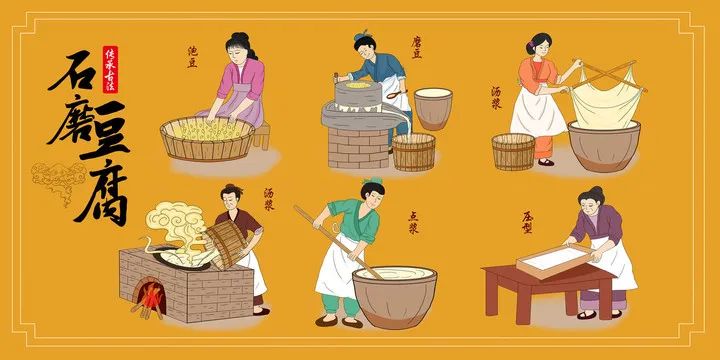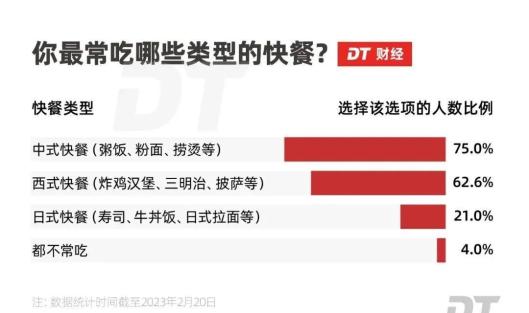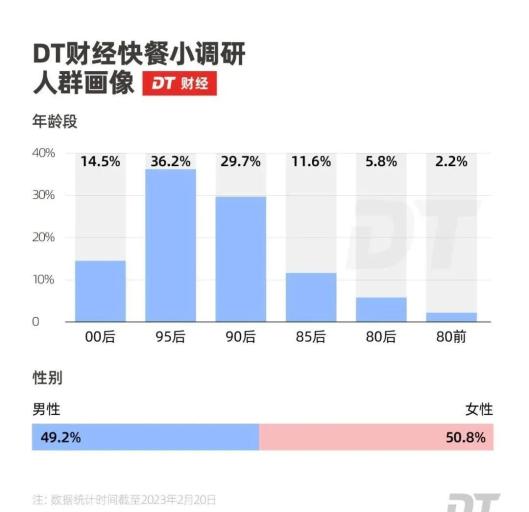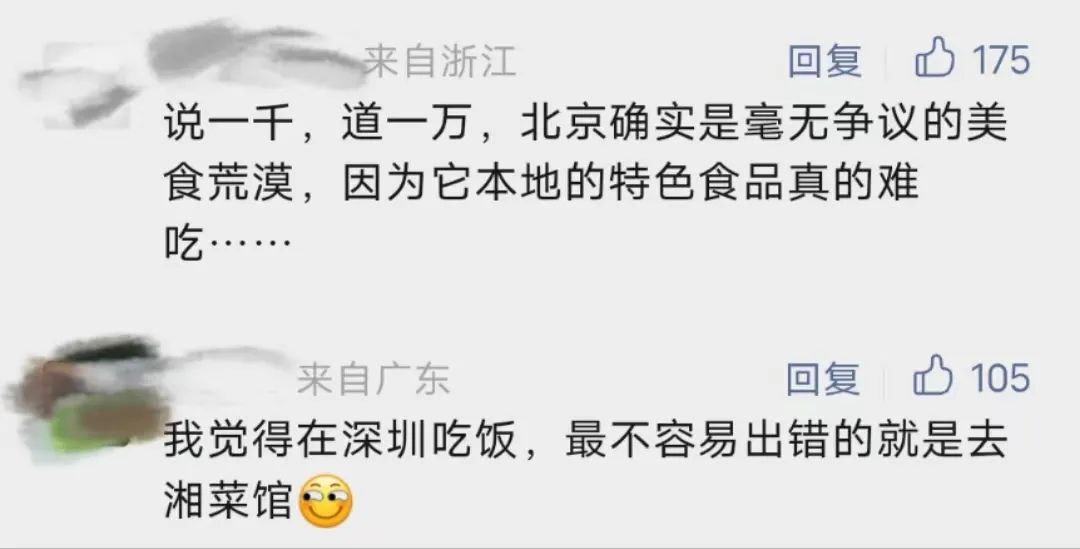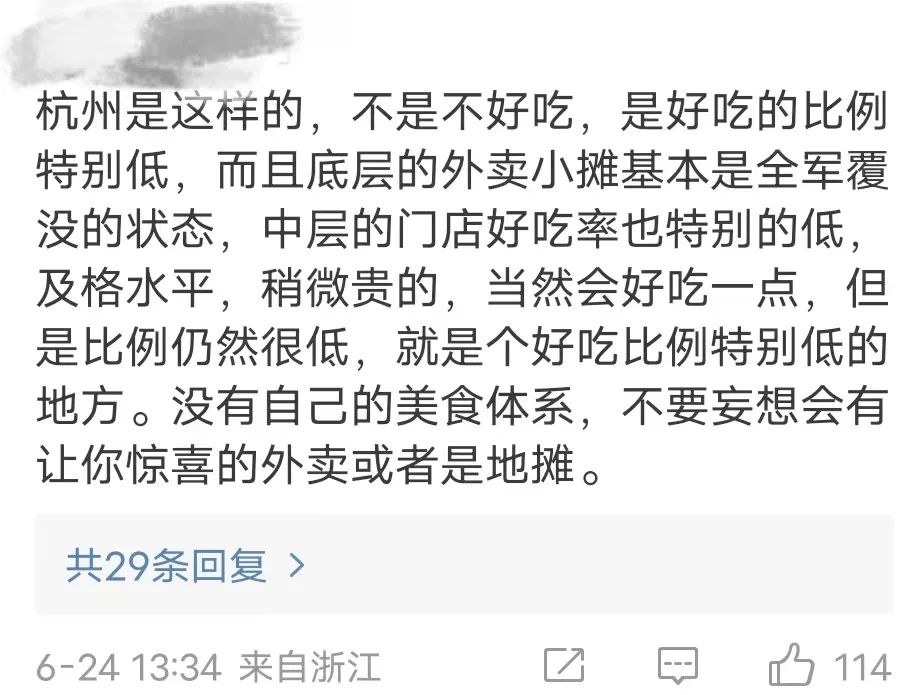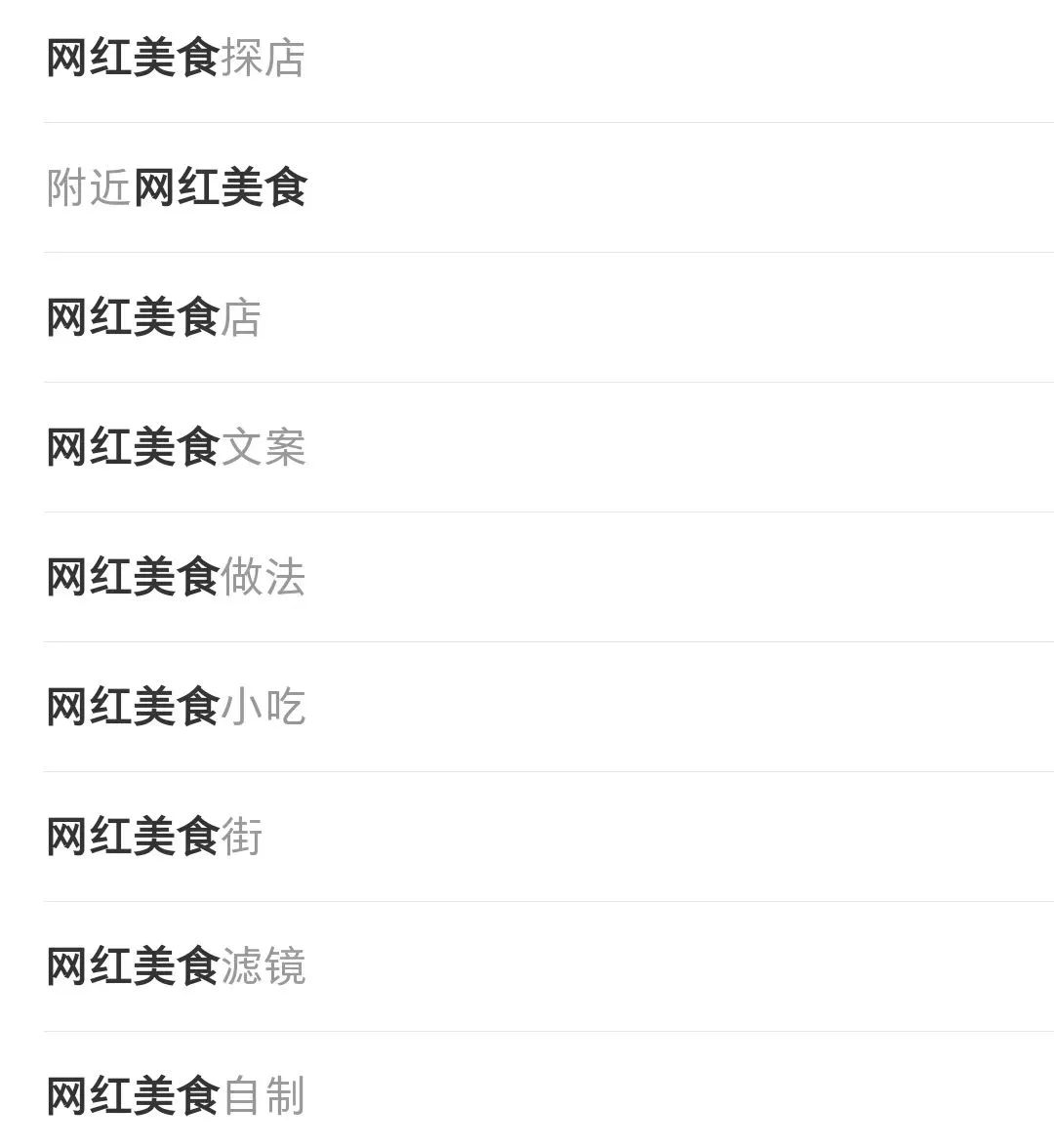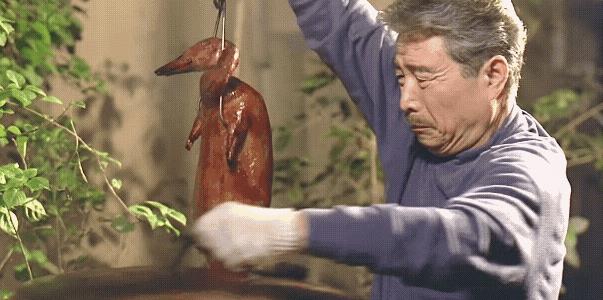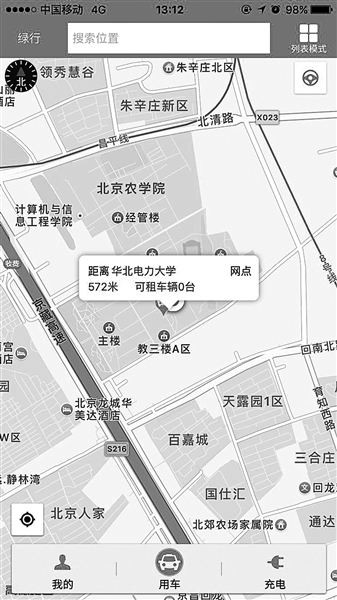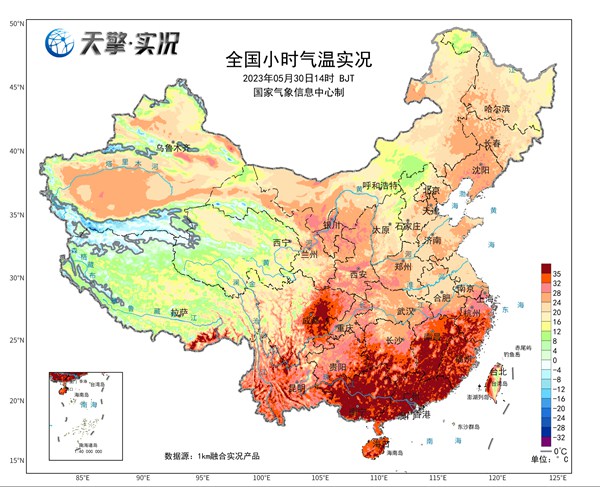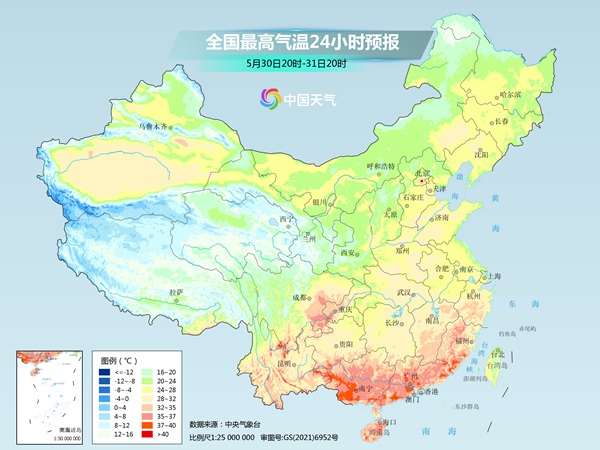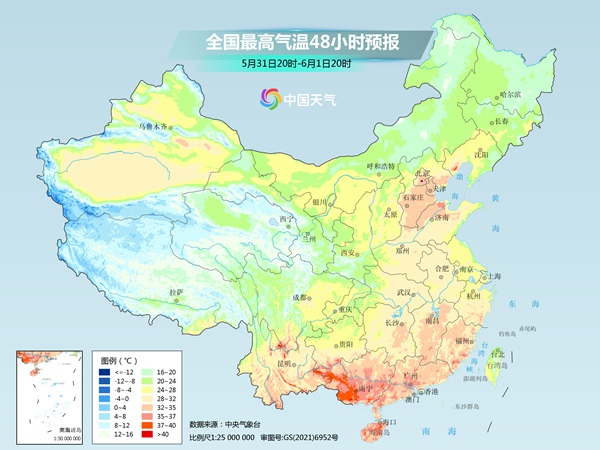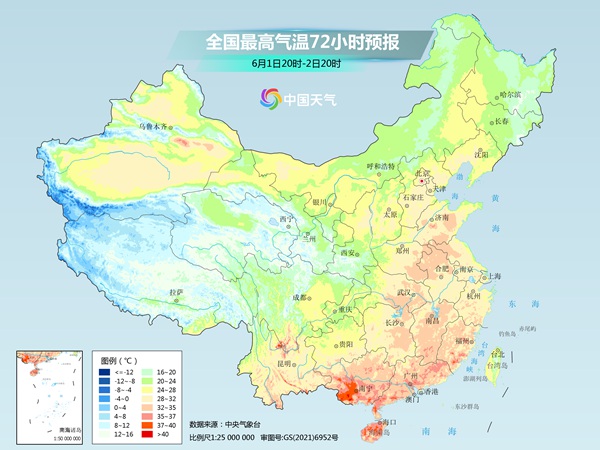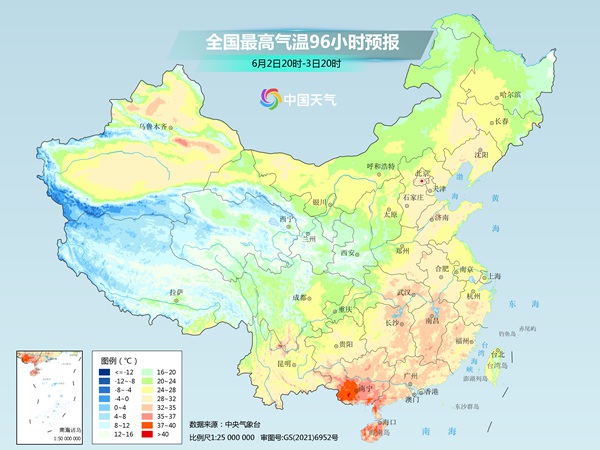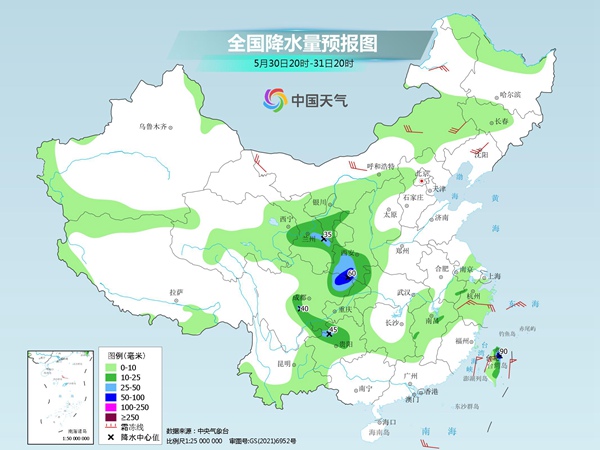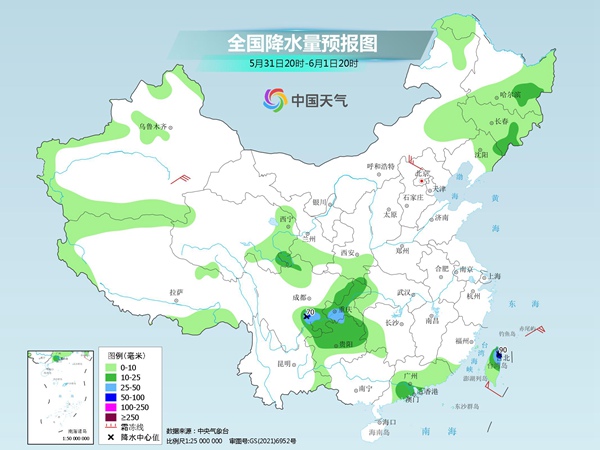Some college students "self-medication" experts: or cause serious health damage.
Zhang Zihang, 20, has not been in the hospital for two years. This junior college student studying in a key university in Wuhan boasts himself as a "generation who knows how to keep healthy and fight hard": he usually has a slight illness and pain, so he either buys some medicine himself or "carries it over" directly.
Nowadays, with the convenience brought by the network, many college students, when they have health problems, don’t think of going to the school hospital or the off-campus hospital for the first time, but turn on their mobile phones to check the symptoms online, and then order medicine through take-away. While "self-medication" is becoming more and more popular among young people, some experts warn that this unsafe medication may cause serious health damage.
Young people who are very confident about "self-treatment"
Lin Kexin, a 21-year-old student from Hubei University, lives near the school. One night, she came out of the room weakly and knocked on the door of her roommate and classmate Qin Yao with one hand: "Yaoyao, do you have any cold medicine?" The other hand uses the mobile phone to check the nearby pharmacy on the takeaway software.
"yes! What kind do you want? " Roommate opened the door, pulled out more than 10 kinds of medicines from the cupboard and arranged them in a row, including anti-inflammatory, antipyretic, antidiarrheal and analgesic.
At that time, Lin Kexin spent his eyes, not knowing which one to choose, and picked up a bottle of amoxicillin. "That’s it." For Lin Kexin, there is a headache and brain fever at ordinary times, which is "all small things" and can be solved by himself or his roommate. If she hadn’t lost her voice because of a sore throat, she "might not even take medicine."
Xiao Zhu, 20, is studying in an art college and is a junior this year. Because she watched a CCTV health program with her grandmother since childhood, Xiao Zhu has mastered many health tips, and she is very confident in the "self-treatment" technology.
In the second year of high school, Xiao Zhu suddenly had a fever before attending art training, but there was her favorite acting class that afternoon, and if she went to the hospital, she would definitely miss it. In the morning, Xiao Zhu decided to carry out a set of "self-healing therapy" in the room: first drink two packs of Radix Isatidis granules, and then soak in a large cup of brown sugar ginger tea to warm up the body; Then use the shower water column to massage the acupoints on the back for half an hour, then cover the quilt and take a big sleep.
After some operations, when Xiao Zhu woke up, "consciousness has been awake a lot, and he is relaxed" and went to class smoothly in the afternoon.
Today, Xiao Zhu, who has gone to college, is still keen on his own "regimen": soaking ginseng and medlar in a thermos cup, soaking his feet with a bucket that is flush with his calf even before going to bed on dog days, and often moxibustion and cupping himself … … She once proudly said to her roommate, "Follow me for health and don’t have to go to the hospital at all."
The reporter noted that as early as 2018, the paper "Investigation on Self-medication Behavior and Its Influencing Factors of College Students in a University in Beijing" published in the Journal of Pharmacoepidemiology showed that the interviewed college students took "self-medication" after feeling unwell. The proportion reached 78.7%.
Fatal "experience" and "taking for granted"
However, the former "self-healing master" also had "rollover" moments.
One day at the end of September 2020, Wuhan suddenly cooled down on a cliff, and Xiao Zhu, who insisted on "freezing in spring and freezing in autumn", did not add clothes like her roommate. After running around school all day, she went back to the dormitory at night and sneezed several times. She didn’t take it to heart and thought it was just rhinitis.
Early the next morning, Xiao Zhu felt a little soft and his forehead was hot. She rummaged through the medicine cabinet, and the antipyretic medicine had expired, so she drank two packs of Banlangen granules and went to class.
In Xiao Zhu’s impression, I used to have a slight cold, and Banlangen Granule can basically solve it. But she doesn’t know that Radix Isatidis is a drug for treating exogenous wind-heat and is not suitable for people with wind-cold colds.
Another day passed, Xiao Zhu got up feeling black and weak. She came to the school hospital and wanted to prescribe some medicine. Before entering the door, the infrared thermometer sounded an alarm. Following the management regulations during the epidemic, Xiao Zhu was sent to the off-campus hospital by a special person. After a series of tests such as nucleic acid, brain CT and serum, Xiao Zhu was injected with a fever-reducing needle after 5 hours.
Some students even paid the price with their lives.
According to reports, in 2018, Xiao Zhang, a graduate student studying in a university in Nanjing, had a high fever for 7 days and diarrhea for 5 days before going to the hospital. Blood tests showed that the muscles of the whole body were dissolving, with severe coagulation dysfunction and multiple organ failure.
It turned out that after getting sick, Xiao Zhang went to the drugstore to buy a variety of cold medicines to take, and increased the dose himself. However, before getting sick, Xiao Zhang often stayed up late because of catching up with a project, and his body was in a sub-health state. Many Chinese cold medicines contained "acetaminophen", which led to toxic myolysis and liver and kidney failure due to multiple factors such as overdose.
Some declared "functional" drugs are also the hardest hit areas for abuse.
Xiao-mi Yang, a 20-year-old performance major in an art university, learned that her figure was relatively large in the final examination one month before last year. In order to lose weight as soon as possible, she ordered two boxes of "slimming candy" through Wechat business, claiming that "pure Chinese medicine burns fat, does not diet, does not exercise and does not rebound".
But after taking it, she felt her heart beat faster, she felt nauseous, her mouth was dry, and she still suffered from insomnia at night. Wechat business’s feedback "is a normal reaction, indicating that she is burning fat", so she gritted her teeth and insisted.
For the next five days, Xiao-mi Yang continued to sweat and feel nauseous. She went to the hospital and called the market supervision department to complain. After inspection, the dosage of sibutramine contained in this "candy" seriously exceeds the standard, which is extremely harmful to health.
In 2019, the report of the 72nd World Health Assembly pointed out that medication errors are the main cause of injuries and avoidable injuries in the medical and health system.
"In the process of drug treatment, if there is a reaction that has nothing to do with the purpose of treatment, you should think about the possibility of adverse drug reactions. However, it is often difficult for non-professionals to judge themselves and need to consult a doctor or pharmacist. " Wang Zhen, deputy director of the Pharmacy Department of tongji hospital affiliated to Tongji Medical College of Huazhong University of Science and Technology, said.
Experts suggest increasing publicity on drug safety.
Recently, the reporter conducted a questionnaire survey on 50 college students in Hubei Province. The results showed that only 28% of the respondents would go to the hospital for treatment when they were unwell, 48% of the respondents would take their own medicine according to their experience, and 24% of the respondents chose to "drink more hot water and carry it through".
In Wang Zhen’s view, the hidden dangers behind "self-medication" have to be prevented. He said that these kinds of improper drug use are common at present: believing in the so-called ancestral prescription or earthwork, resulting in side effects and delaying treatment; Improper combination of cold medicines, such as the combination of phenamine tablets and acetaminophen; Taking medicine after drinking, such as cephalosporins and metronidazole, "this is relatively common among college students, and some young people tend to forget this common sense after drinking, causing danger."
In addition, out of anger or depression, some young people deliberately take excessive or toxic drugs. Wang Zhen once received a female college student who was trapped by oral pesticides, and was "critically ill".
"We should increase the publicity of drug safety, and follow the doctor’s advice or read the instructions carefully when using drugs. Some drug instructions have small fonts, and typesetting is not conducive to reading and needs to be improved. " Wang Zhen suggested.
Dong Liu, director of the Pharmacy Department of tongji hospital affiliated to Tongji Medical College, Huazhong University of Science and Technology, suggested that patients should take all the drugs they are using when seeking medical treatment, and ask about the usage, taking methods and precautions of the drugs, so as to handle their illness safely and efficiently.
It is also urgent to improve the medical environment in colleges and universities. The reporter learned that some college students’ average satisfaction with the school hospital is not high, and the influencing factors are mainly the professionalism of doctors, equipment resources, and attitude towards receiving medical treatment.
"In fact, we also have difficulties." The nurse in charge of a "double-first-class" university hospital in Wuhan believes that some universities often invest a lot of money in teaching-related hardware facilities and little in medical and health services. Some schools and hospitals are facing the trend of "marginalization" in schools, resulting in the lack of medical facilities and the professional level of some doctors to be improved.
"It is necessary for colleges and universities to establish professional, low-cost, convenient and fast medical services for college students without income." The nurse in charge believes that to solve these problems, local governments, universities and schools and hospitals need to work together. For example, speed up the reform of the management of medical professionals in university hospitals, strive for the government and society to increase investment in university community hospitals, and enable university hospitals to provide better medical resources, so as to better provide efficient medical and health services for teachers and students.
(The student interviewed in the article is a pseudonym Zhu Kexin, Zhongqing Daily, Zhongqing Net reporter Zhu Juanjuan, Lei Yu)
